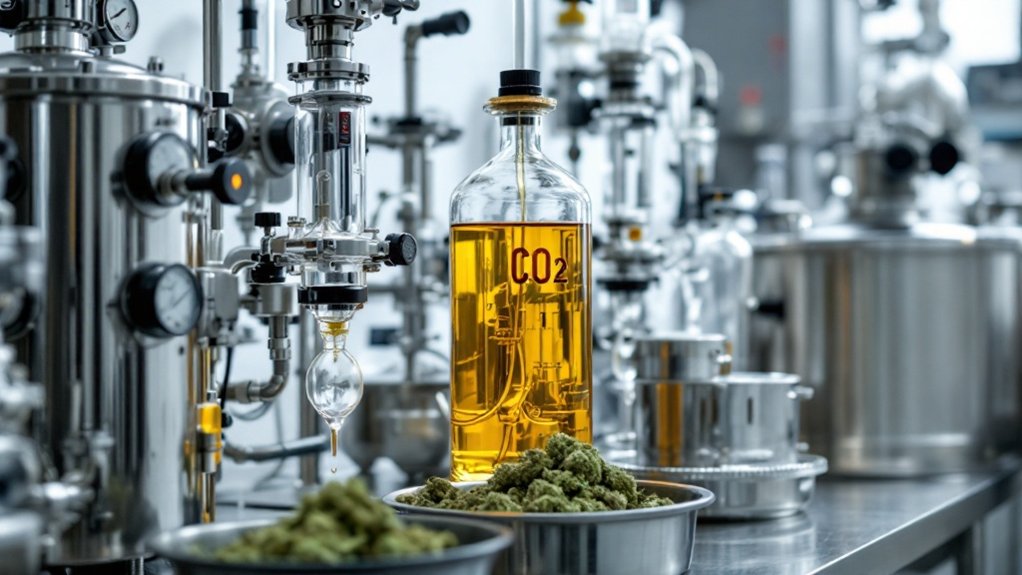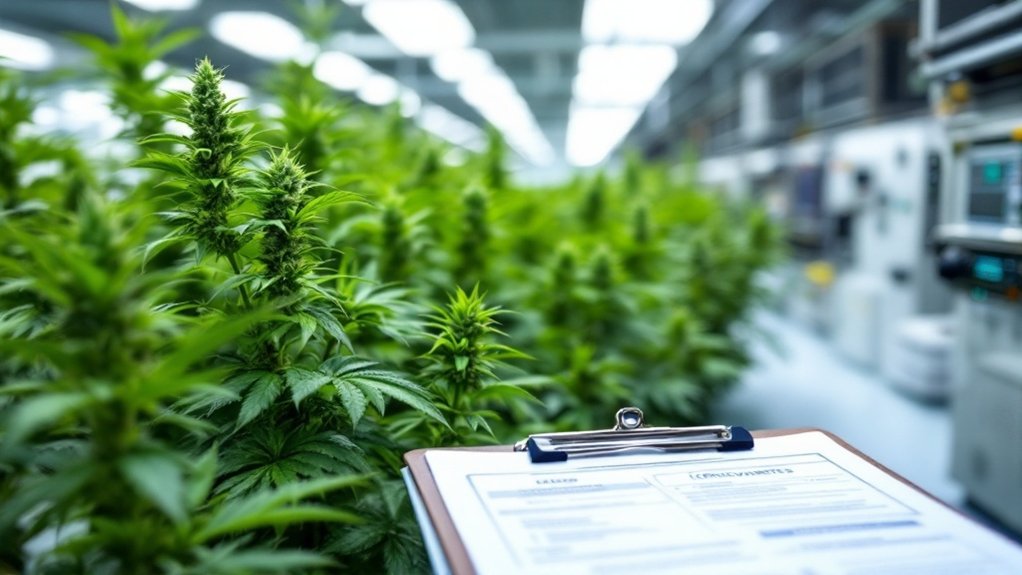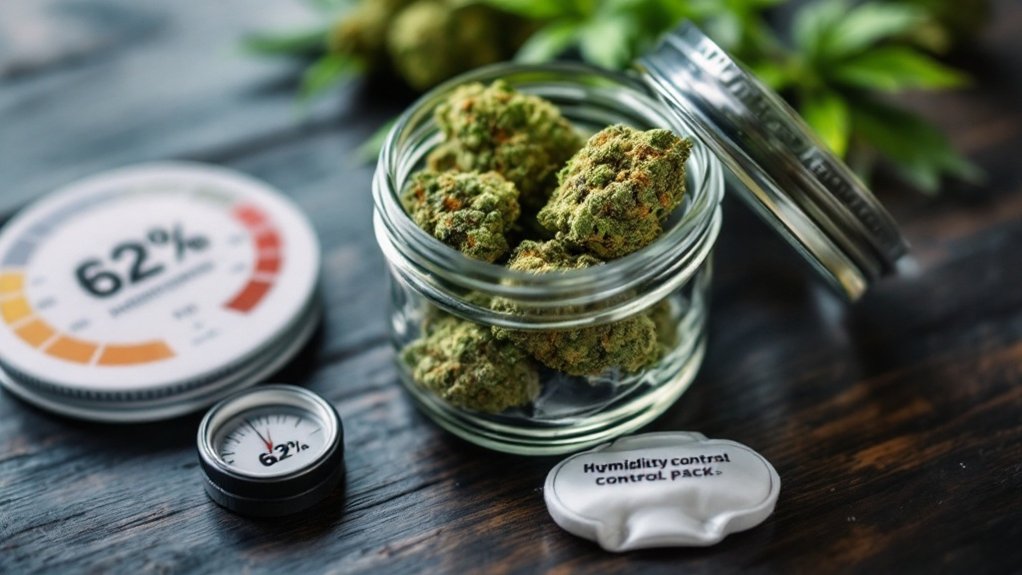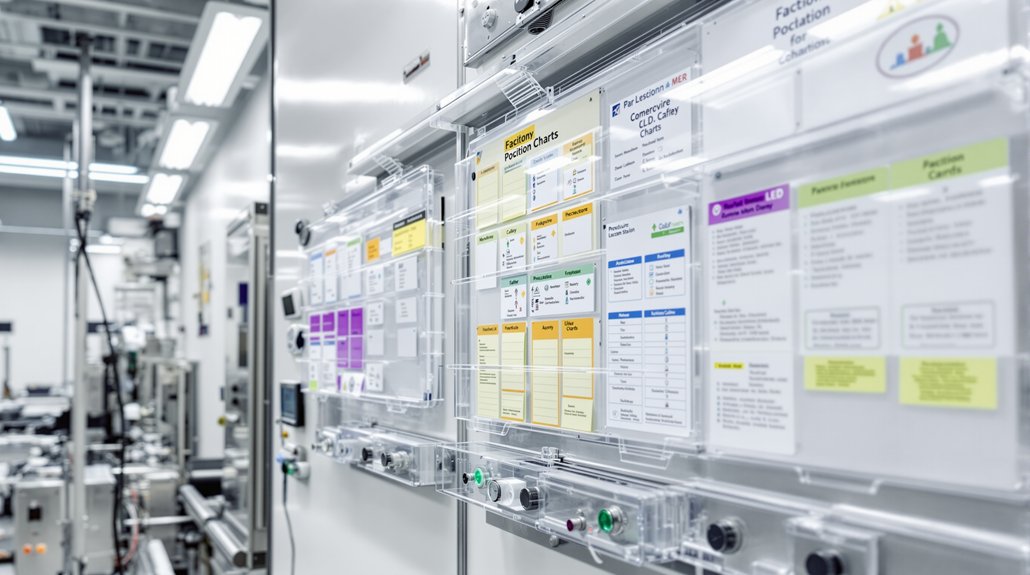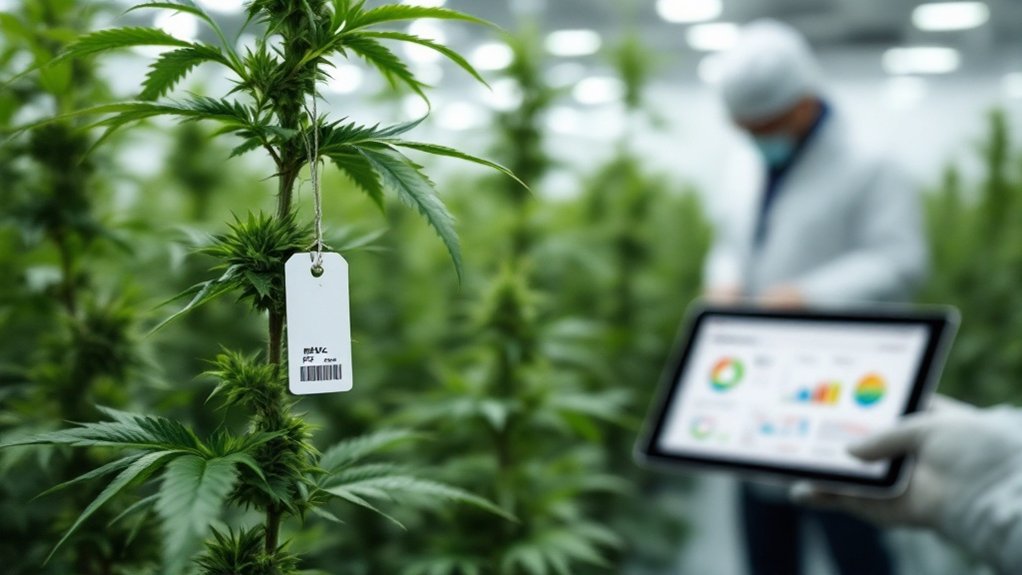Selecting the right cannabis extraction method depends on several key factors including initial investment capacity, desired end product, and safety requirements. CO₂ extraction offers clean, precise results but requires significant upfront costs, while hydrocarbon methods excel in terpene preservation but present safety hazards. Ethanol systems balance affordability with scalability for mid-sized operations. Each technique presents distinct advantages in efficiency, extract quality, and regulatory compliance. The best choice aligns with your business scale, product specifications, and long-term production goals.
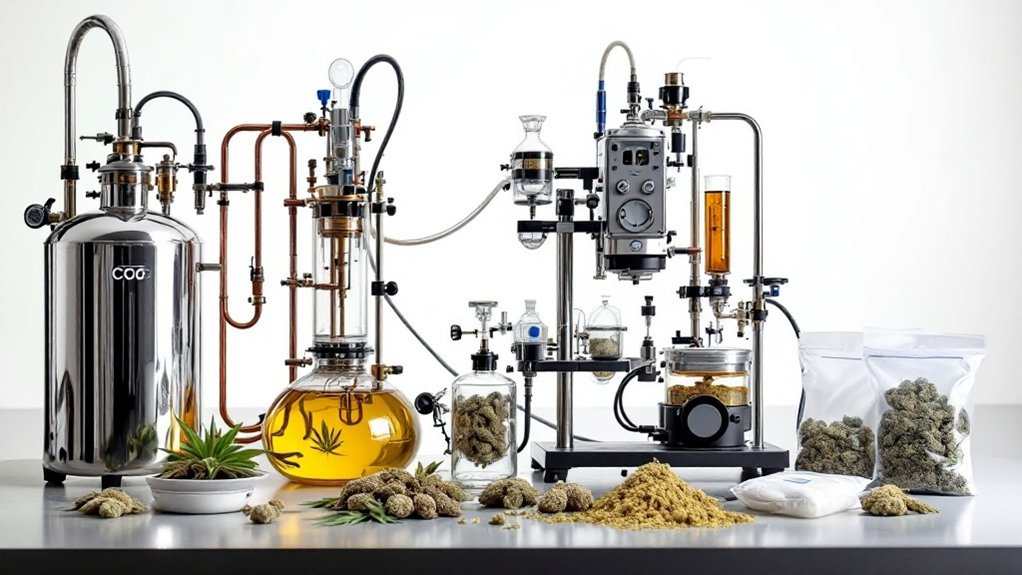
When cannabis producers consider which extraction method to implement, they face a complex decision with considerable implications for their operations. Extraction techniques vary widely in their initial investment requirements, ongoing costs, and efficiency profiles. CO2 extraction demands a higher upfront investment but offers lower operational expenses over time, while ethanol-based systems provide a more affordable entry point for smaller producers. The financial considerations extend beyond equipment to include regulatory compliance costs, which tend to increase with solvent-based methods.
Efficiency factors considerably influence extraction method selection. CO2 extraction excels in selectivity, allowing producers to target specific cannabinoids and terpenes with precision. Hydrocarbon methods using butane or propane demonstrate excellent terpene preservation, maintaining the plant’s natural aromatic profile. Ethanol extraction offers rapid processing capabilities that can handle large volumes of plant material efficiently, resulting in a higher cannabinoid recovery rate. Proper pretreatment of cannabis biomass enhances extraction efficiency regardless of the chosen method. Closed-loop systems in hydrocarbon extraction minimize waste and provide better environmental outcomes for producers focused on sustainability. Cold ethanol extraction conducted at temperatures ranging from 41°F (5°C) to -112°F (-80°C) significantly enhances the selective extraction of cannabinoids and terpenoids while minimizing the co-extraction of undesirable compounds.
Extraction efficiency hinges on method selection, with each approach offering distinct advantages in cannabinoid targeting, terpene preservation, or processing volume.
Safety considerations cannot be overlooked when evaluating extraction technologies. Hydrocarbon extractions present substantial fire and explosion risks, necessitating specialized facility designs with proper ventilation and safety systems. CO2 extraction offers a safer alternative with minimal contamination or combustion hazards. Ethanol systems require careful management of flammability risks, while solventless methods present the lowest overall safety concerns but typically yield less product per batch.
The quality of the final extract varies considerably between methods. CO2 produces clean, solvent-free extracts with excellent shelf stability and minimal processing artifacts. Hydrocarbon extraction creates concentrates with robust flavor profiles due to superior terpene retention. Ethanol may extract unwanted compounds like chlorophyll, potentially affecting taste and requiring additional refinement. Solventless approaches preserve natural plant characteristics but generally yield products with lower potency.
Regulatory requirements add another layer of complexity to the decision-making process. Solvent-based facilities face stricter regulations, including specialized equipment certifications and mandatory residual solvent testing. Documentation requirements increase with more complex extraction processes, and facility designs must comply with specific safety codes based on the method employed.
Scalability potential differs between technologies, with CO2 and ethanol systems better suited for industrial-scale operations. Environmental impact should also be considered, as extraction methods vary in their resource consumption, waste generation, and ecological footprint.
Frequently Asked Questions
How Do Extraction Methods Affect the Final Product’s Terpene Profile?
Extraction methods markedly impact a product’s terpene profile through their distinct processing parameters.
Solventless techniques preserve volatile terpenes through gentle handling but yield less overall content.
Solvent-based methods like ethanol and CO2 extraction capture more terpenes but may require purification steps to remove unwanted compounds.
Distillation processes effectively isolate specific terpenes but risk degrading heat-sensitive compounds.
Temperature control remains the most critical factor, as excessive heat causes terpene degradation and profile alteration regardless of the method employed.
What Are the Typical Startup Costs for Different Extraction Systems?
Startup costs vary greatly across extraction methods.
CO2 systems range from $100,000 to $500,000 for commercial operations, requiring substantial facility investments.
Ethanol extraction equipment ranges from $5,000 for entry-level to several million for automated systems.
Hydrocarbon extraction setups typically cost less than CO2 but require facility modifications exceeding $300 per square foot due to safety regulations.
Solventless methods like rosin pressing and water extraction offer the lowest entry points, with equipment costs between a few hundred and a few thousand dollars.
How Do Extraction Techniques Impact Product Shelf Life?
Extraction techniques considerably influence product shelf life through multiple mechanisms.
CO2 extraction yields more stable extracts with extended longevity compared to other methods. Alcohol-based tinctures can remain viable for up to two years due to alcohol’s preservative properties. Conversely, oil extraction produces less stable products that degrade faster.
Post-extraction processing, including filtration and distillation, further enhances stability by removing impurities such as waxes and lipids that accelerate degradation.
Proper packaging in glass containers with tight seals prevents oxidation that would otherwise shorten shelf life.
What Certifications Are Required for Different Extraction Facility Operations?
While no universal certifications exist specifically for extractors, facilities require various certifications depending on jurisdiction and operation type.
GMP certification is essential for medicinal cannabis operations, ensuring quality standards and safety protocols.
Extraction labs must maintain documentation systems, proper HVAC installations, and cleanroom environments to meet compliance standards.
Local regulations may necessitate additional certifications, and equipment must be validated according to industry standards.
Staff typically need specialized training rather than formal certifications.
